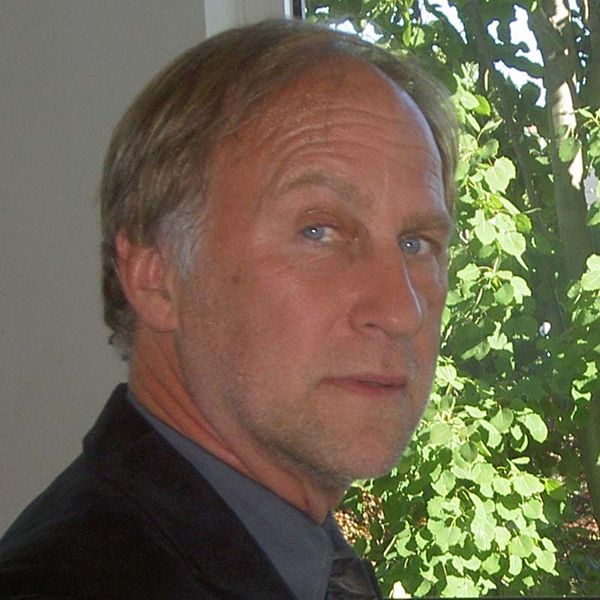DOUGLAS BRADLEY
Local Benefits of Biotrade
Abstract:
The EU established legally binding targets for renewable energy by 2020, and has now established stiffer targets for 2030. Since the EU has insufficient biomass to reach targets, it began a BioTrade 2020+ initiative to import more sustainable biomass. How can biomass-rich countries take advantage of this market opportunity, while ensuring biomass availability for domestic renewable energy? This presentation is essentially an analysis of what biomass options make the most sense, especially for investors. It will compare the pros and cons of insitu bioenergy such as cogeneration and bio-heat, with “transportable biomass” such as pellets, torrefied wood and pyrolysis oil. Investing in transportable biomass enables developers to build efficient world-scale plants, and grow local markets slowly while participating in lucrative offshore markets. It will examine new markets being considered for torrefied pellets, and look at the latest analysis on markets for pyrolysis oil. The presentation will establish the importance of efficient supply chains. As an example, the presentation will illustrate some development opportunities for pyrolysis oil in Turkey.
Biographical Sketch
For 12 years Mr. Bradley led strategic planning for a $billion forestry company, and since 2002 he has successfully operated Climate Change Solutions, a global consulting firm focused on biomass development with clients in Europe, US, Canada and Australia. In 2007 he became part-time President of the Canadian Bioenergy Association, growing revenues 7-fold, and leading 17 Canadian missions to Europe & Asia before resigning as President in 2013. He served as Canada’s representative on IEA Tasks 25, 38, and 40, where he authored definitive studies on European Pyrolysis Oil Markets, Low-cost Long Distance Supply Chains, and a Bio-trade Equity Fund. He now consults full time, primarily in biomass market assessments, biomass cost and availability, and investment. He is on the Board of Directors of the World Bioenergy Association. He holds an Honours Degree in Mathematics from Queens University and a Master’s of Business Administration from the University of Western Ontario.
